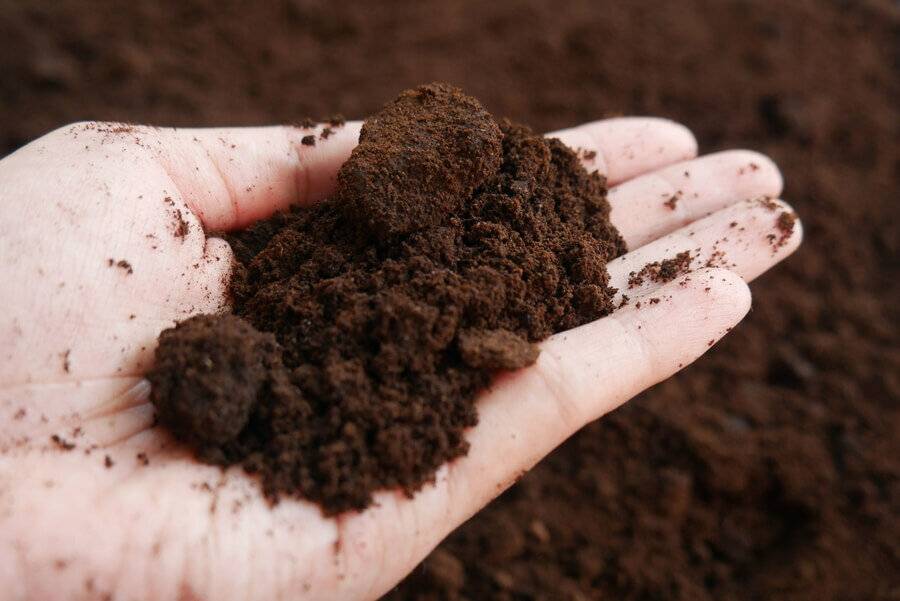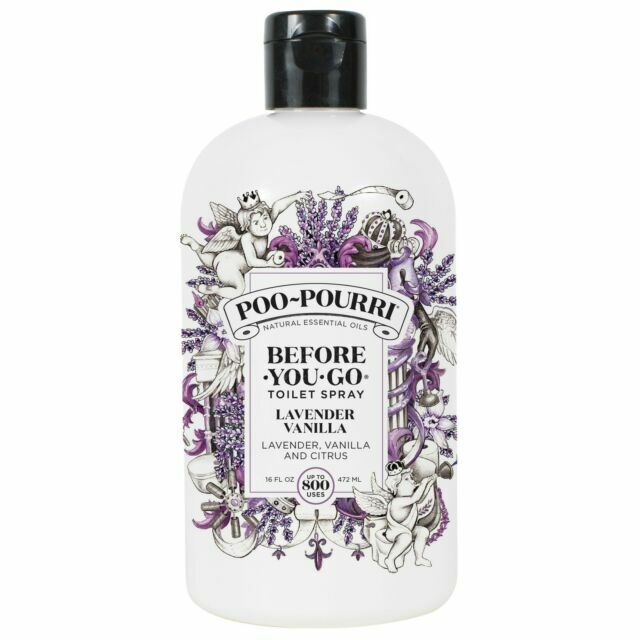Are Coffee Grounds Bad for Septic Systems?
Coffee is a beloved beverage enjoyed by millions around the world. Whether it’s a morning ritual or an afternoon pick-me-up, coffee has become an integral part of our daily lives. However, when it comes to disposing of coffee grounds, there is a lingering question: are coffee grounds bad for septic systems?
Septic systems play a crucial role in managing household wastewater. They rely on a delicate balance of bacteria and enzymes to break down organic matter and filter out harmful substances. Any disruption to this balance can lead to costly repairs and potential health hazards. So, let’s dive into the topic and explore the impact of coffee grounds on septic systems.
| Pros | Cons |
|---|---|
| Rich in nutrients that can enhance bacterial activity | Potential to clog drain fields and pipes |
| Can be used as compost or mulch in non-septic areas | May contribute to excessive sludge buildup |
| Can be beneficial in moderation | May attract pests if not properly managed |
While coffee grounds can offer some benefits to septic systems, it’s essential to understand the potential drawbacks they pose. In this article, we will explore both the positive and negative aspects of using coffee grounds in septic systems, providing you with the information you need to make an informed decision.

So, if you’re curious about the impact of coffee grounds on septic systems and want to ensure the longevity and efficiency of your system, read on to discover the truth behind this common concern.
The Impact of Coffee Grounds on Septic Systems
When it comes to the impact of coffee grounds on septic systems, opinions vary. Some argue that coffee grounds can be beneficial, while others believe they can cause harm. Let’s delve into the key factors and considerations to understand the potential effects.
1. Nutrient Enhancement vs. Clogging Potential
Coffee grounds are rich in nutrients like nitrogen, which can enhance bacterial activity in the septic tank. Bacteria play a crucial role in breaking down organic matter and ensuring the efficient functioning of the system. In this sense, coffee grounds can be seen as a positive addition.
However, it’s important to note that coffee grounds have a tendency to clump together and form dense masses. This can lead to clogs in drain fields and pipes, obstructing the flow of wastewater and causing backups. The accumulation of coffee grounds over time can exacerbate this issue, potentially leading to costly repairs.
2. Sludge Buildup and Excessive Waste
Septic systems rely on the natural breakdown of waste materials. While coffee grounds can contribute to the nutrient content in the tank, excessive amounts can lead to an increase in sludge buildup. This can hinder the system’s ability to function properly and may require more frequent pumping and maintenance.
It’s crucial to strike a balance and avoid overloading the septic system with coffee grounds. Moderation is key to prevent excessive waste accumulation and maintain the optimal functioning of the system.
3. Proper Disposal and Pest Management
When disposing of coffee grounds, it’s essential to follow proper guidelines to prevent any negative impact on the septic system. Avoid flushing coffee grounds down the drain or toilet, as they can contribute to clogs and blockages. Instead, consider alternative methods of disposal.
One option is to use coffee grounds as compost or mulch in non-septic areas of your property. Coffee grounds can enrich the soil and provide nutrients to plants and gardens. However, ensure that the composting process is done correctly to avoid attracting pests like rodents or insects.
Conclusions
After examining the potential effects of coffee grounds on septic systems, it is clear that caution should be exercised. While coffee grounds can offer some benefits, such as enhancing bacterial activity, they also pose risks, including clogging drain fields and contributing to excessive sludge buildup.
To maintain a healthy and efficient septic system, it is recommended to limit the amount of coffee grounds introduced into the system. Proper disposal methods, such as composting in non-septic areas, can be a viable option to avoid potential issues.
Remember, the key is moderation and responsible waste management. By being mindful of how you dispose of coffee grounds, you can help ensure the longevity and functionality of your septic system.


0 Comments